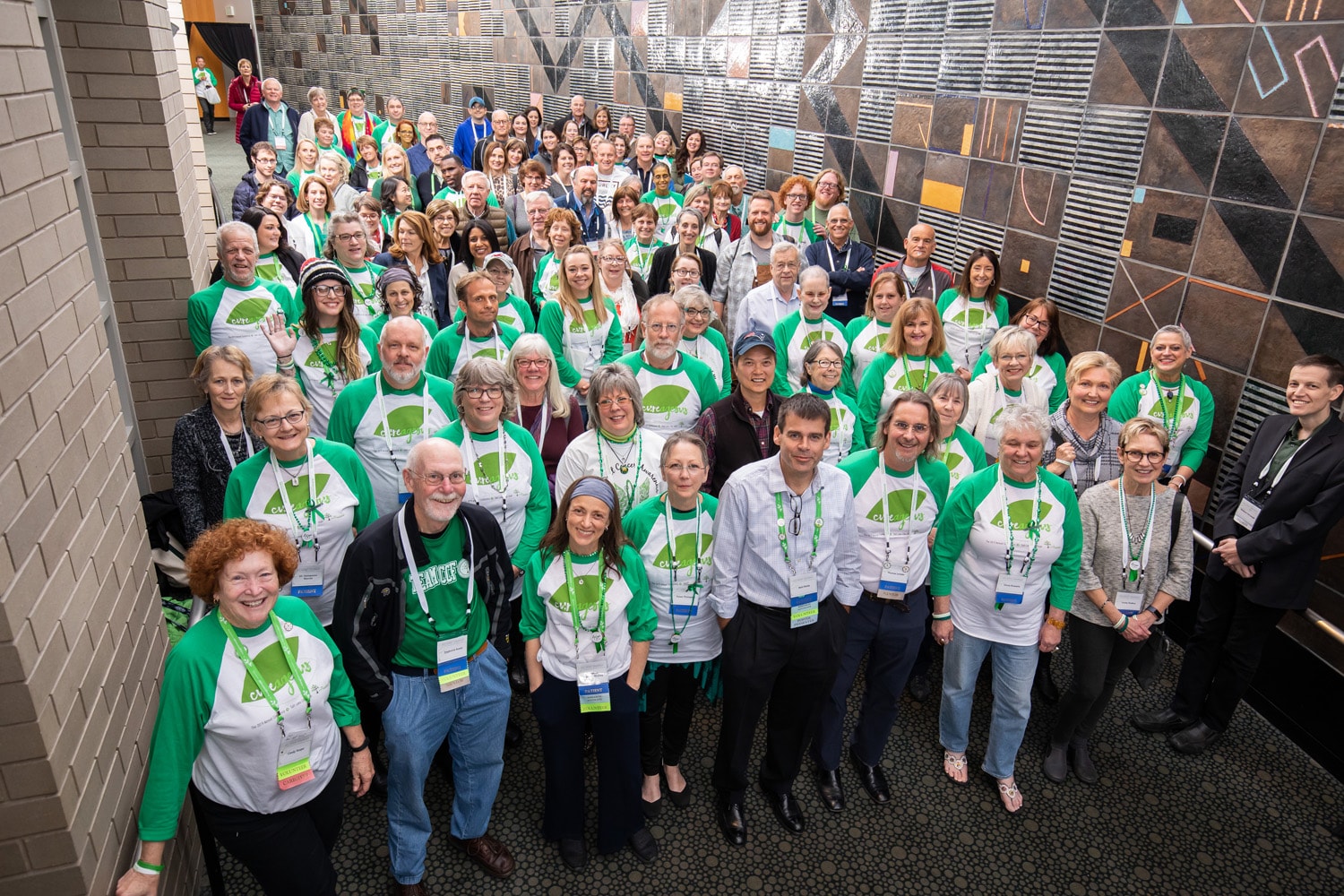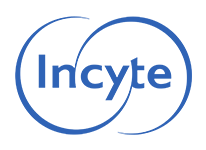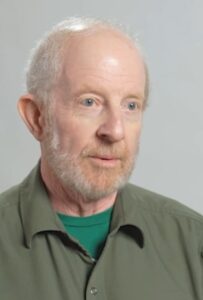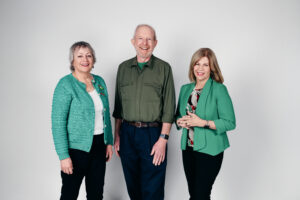
Join the CCF Volunteer Program
Get Involved!
If you have any questions regarding the volunteer program, please contact Claire Condrey, Volunteer Coordinator at claire.condrey@cholangiocarcinoma.org
Community Member Spotlight
DUNCAN FOLEY
Community Champion
VOLUNTEER ROLES INCLUDE
Are you passionate about the difference an empathetic and supportive person can make in a patient or caregiver’s journey? Become a mentor and offer encouragement and compassion to patients and caregivers as they walk through difficult periods of diagnosis, treatment, and, if needed, palliative care. Mentors are cholangiocarcinoma survivors, patients, caregivers, family members, or friends of cholangiocarcinoma patients.
Would you like to help fuel our mission by raising funds for research, advocacy, and patient support while also increasing awareness? You can help raise critical funds in many ways–from hosting an online birthday fundraiser, to planning a workplace raffle, or coordinating a fundraising event with your friends and family or in your community–these opportunities are flexible and are inspired by YOU to fit your interests and time constraints. CCF has tools and resources to help guide your success. Learn more about hosting a Community Fundraiser.
Do you enjoy participating in athletic events? Partner your love for fitness with your desire to make an impact by joining TeamCCF today! When you participate in an organized race, marathon, or other athletic event as a TeamCCF member, you create change by raising funds and awareness. Learn more about fundraising through fitness with Team CCF.
Would you like to help link patients to scientific research to promote education and create change? As a Research Advocate, you will have the opportunity to provide a patient perspective on research activities to scientific advisory boards and committees. Research Advocates stay current on available research and clinical trials, complete ongoing required training, and attend meetings.
Do you enjoy engaging with others through social media? If you are active on at least one social media platform, you can help us expand our reach. As a Social Media Influencer, you will work to recognize and support people hosting social media fundraisers, spread awareness of the Foundation’s mission, and research and develop social media campaigns.
Are you a detail-oriented person who enjoys providing support for important projects? Administrative Assistants provide vital contributions to CCF initiatives by completing various administrative tasks. We will pair your knowledge and skills with the right project.
If you have any questions regarding the volunteer program, please contact Claire Condrey, Volunteer Manager, at claire.condrey@cholangiocarcinoma.org

THANK YOU TO OUR SPONSORS


 My most meaningful CCF-related activity is being a member of the Seattle CARE Team. There are now four of us, and together we held two meetings last year, inviting patients, caregivers, clinicians, and researchers. The first meeting was held at Fred Hutch Cancer Center and featured speakers from that organization. Fred Hutch researchers were kind enough to lead us on a tour of their cholangio-related laboratories. It was deeply informative to witness the careful, time-intensive work that forms the foundation of research into our disease. We also had the chance to meet some of the researchers whom CCF has funded. That connection was mutual — the researchers were excited to meet patients and caregivers. These kinds of interactions are rare for them, and for us, it was meaningful to become more than just anonymous data — we became real people with faces, stories, and voices. These connections brought the research to life and reminded all of us why this work matters so deeply.
My most meaningful CCF-related activity is being a member of the Seattle CARE Team. There are now four of us, and together we held two meetings last year, inviting patients, caregivers, clinicians, and researchers. The first meeting was held at Fred Hutch Cancer Center and featured speakers from that organization. Fred Hutch researchers were kind enough to lead us on a tour of their cholangio-related laboratories. It was deeply informative to witness the careful, time-intensive work that forms the foundation of research into our disease. We also had the chance to meet some of the researchers whom CCF has funded. That connection was mutual — the researchers were excited to meet patients and caregivers. These kinds of interactions are rare for them, and for us, it was meaningful to become more than just anonymous data — we became real people with faces, stories, and voices. These connections brought the research to life and reminded all of us why this work matters so deeply. I try to live each day with cancer by practicing persistence, humor, hope, and gratitude. Persistence is essential, especially when navigating insurance hurdles. Humor helps too — even if it’s dark at times. For example, when I began chemo, I ordered “emesis” bags online. The next day, I got an email asking me to rate the product. I didn’t know whether to laugh or cry — fortunately, I couldn’t bring myself to give them a star rating. Hope often comes from science. As someone with a scientific background, I’m encouraged by the dedicated researchers studying our disease. I once heard someone describe our field of research as being on the lower part of an exponential growth curve — in other words, we’re just getting started, and the progress ahead could be dramatic. Finally, there’s gratitude. While I may not always express it (my wife might have something to say about that), I truly feel it. I’ve come close to the edge more than once, and I wouldn’t be here without the incredible dedication of nurses, aides, doctors, lab techs — so many people working behind the scenes. Each day that I wake up after all the medical misadventures is a gift I don’t take for granted.
I try to live each day with cancer by practicing persistence, humor, hope, and gratitude. Persistence is essential, especially when navigating insurance hurdles. Humor helps too — even if it’s dark at times. For example, when I began chemo, I ordered “emesis” bags online. The next day, I got an email asking me to rate the product. I didn’t know whether to laugh or cry — fortunately, I couldn’t bring myself to give them a star rating. Hope often comes from science. As someone with a scientific background, I’m encouraged by the dedicated researchers studying our disease. I once heard someone describe our field of research as being on the lower part of an exponential growth curve — in other words, we’re just getting started, and the progress ahead could be dramatic. Finally, there’s gratitude. While I may not always express it (my wife might have something to say about that), I truly feel it. I’ve come close to the edge more than once, and I wouldn’t be here without the incredible dedication of nurses, aides, doctors, lab techs — so many people working behind the scenes. Each day that I wake up after all the medical misadventures is a gift I don’t take for granted.